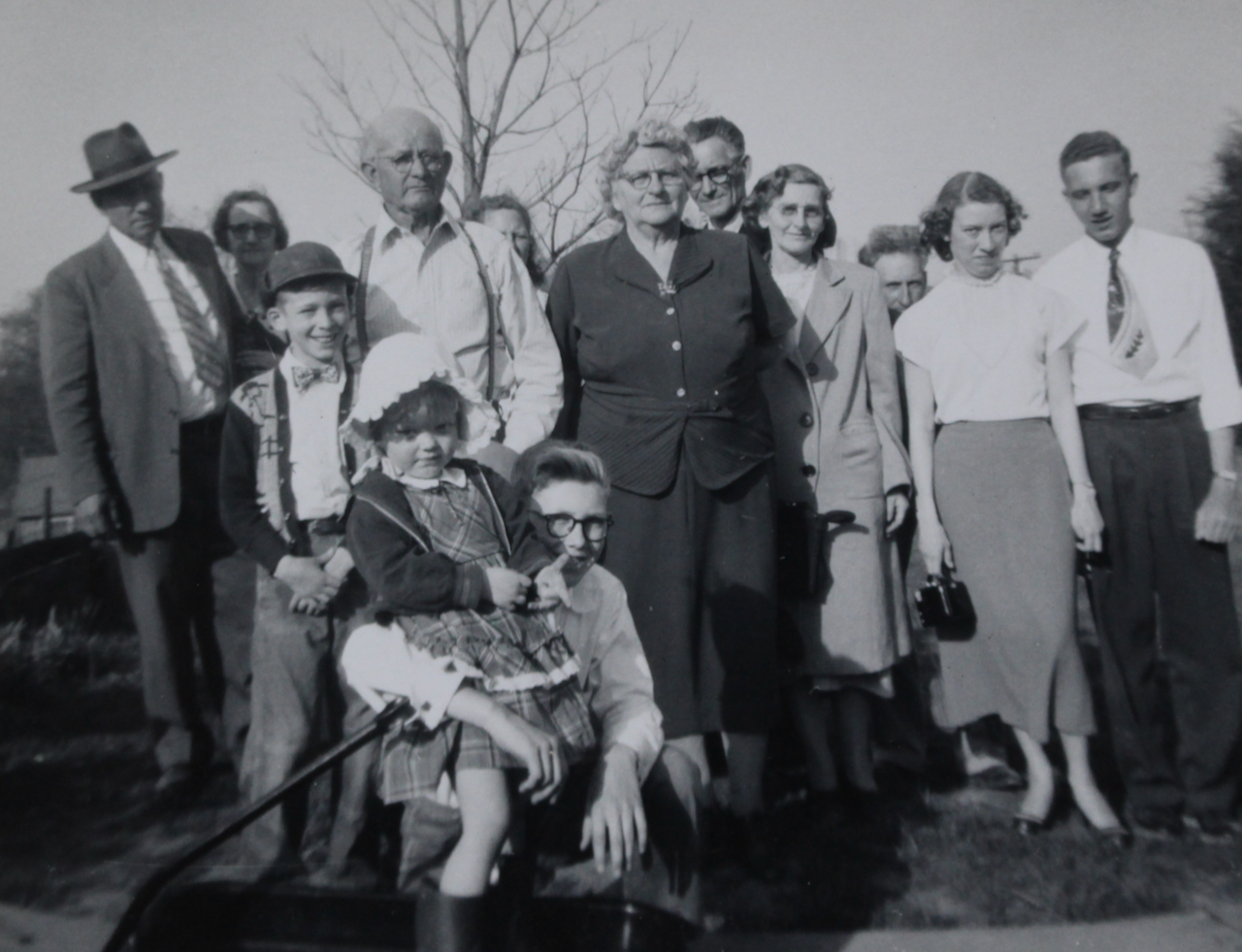“If someone else thinks they have reasons to put confidence in the flesh, I have more: circumcised on the eighth day, of the people of Israel, of the tribe of Benjamin, a Hebrew of Hebrews; in regard to the law, a Pharisee; as for zeal, persecuting the church; as for righteousness based on the law, faultless.” (Philippians 3:4-6 NIV)
Have you ever heard people bragging about how many generations in their family had been Christians? For many of us that would be easy to do. My great-grandfather was a faithful Christian. I’ve heard stories of how he would walk to the meeting place in Walker, West Virginia, carrying the Lord’s Supper. I led singing and possibly spoke in that building when I was a teenager.
My grandfather was also a faithful Christian, helping to begin a new congregation in Vienna, West Virginia, and serving for a time as an elder. When about to get married, he and my grandmother visited many religious groups to see where they would go – and ended up back where he started, because they were following God’s word. My grandmother was then immersed.
My grandparents raised four children, all of whom are faithful Christians or were until the time they died. Many have served as elders, deacons and evangelists. My father was an evangelist, preaching in many locations, and even for a year in Finland. He served several times as an elder in congregations.
What a pedigree in my family! But guess what? It doesn’t say a thing about me. My being saved is not based on the faithfulness of my predecessors. Each person must obey Jesus. It matters not whether or not their ancestors and family were Christians.
If anyone had a ‘pedigree’ to boast about it had to have been the apostle Paul. He was an Israelite, the nation that God had selected to be his special people. He was of the tribe of Benjamin and most likely was named after the first king of Israel. He described himself as “a Hebrew of Hebrews” – he was the son of Jewish parents. It would seem the family spoke Hebrew – although living in Tarsus in the ‘Diaspora’ they were careful to avoid assimilating Greek culture into their Jewish lives.
He was a Pharisee, part of the strictest group of Jews as regarded following the Law of Moses – and he followed the Law faultlessly. Even more than all of this, he was zealous to the point of persecuting Christians. But did all of this really matter? Notice what he said about it.
“But whatever were gains to me I now consider loss for the sake of Christ. What is more, I consider everything a loss because of the surpassing worth of knowing Christ Jesus my Lord, for whose sake I have lost all things. I consider them garbage, that I may gain Christ and be found in him, not having a righteousness of my own that comes from the law, but that which is through faith in Christ – the righteousness that comes from God on the basis of faith.” (Philippians 3:7-9)
Whatever advantage his ‘pedigree’ might have given him, he considered all of that worthless. Why? Because what mattered was that he was following Jesus and would be found living in him. Nothing he had or did made him right with God – only Jesus could do that. Some suspect than when he wrote “I have lost all things” that he had been disowned by his family. But none of that mattered. What was important was “the righteousness that comes from God on the basis of faith”.
So what about us? Do we put our faith in our faithful families or even being part of a large, active congregation? None of that will save us because our being righteous comes through our own faith in Jesus the Messiah. Let us all live lives serving him.
Galloway family photo with grandparents and great-grandparents.
Readings for next week: Ephesians 5-6; Philippians 1-4; Colossians 1-2
- Jesus our Passover Lamb - 2026-01-23
- Growing in faith despite difficult circumstances - 2026-01-16
- God’s temple - 2026-01-09
